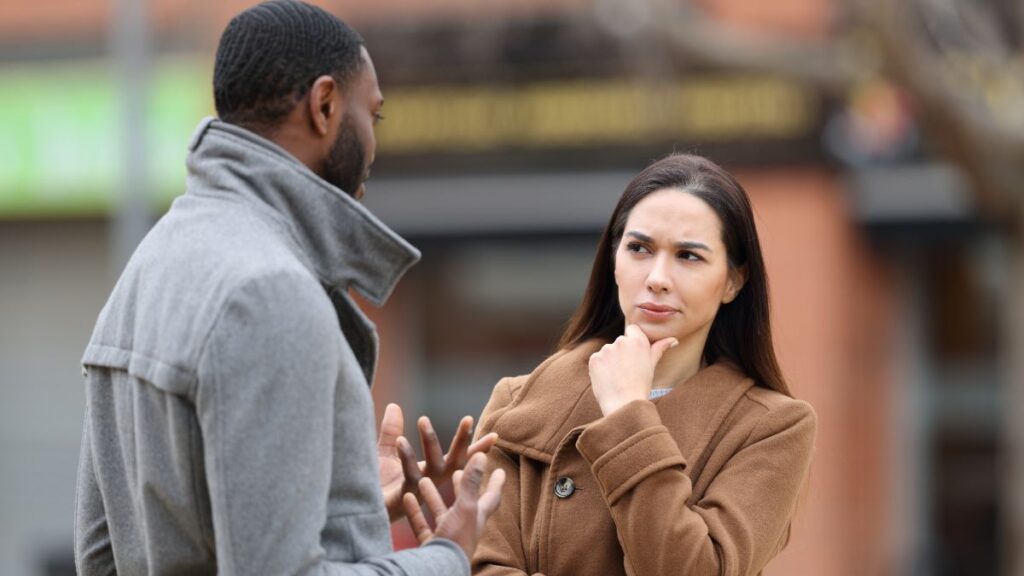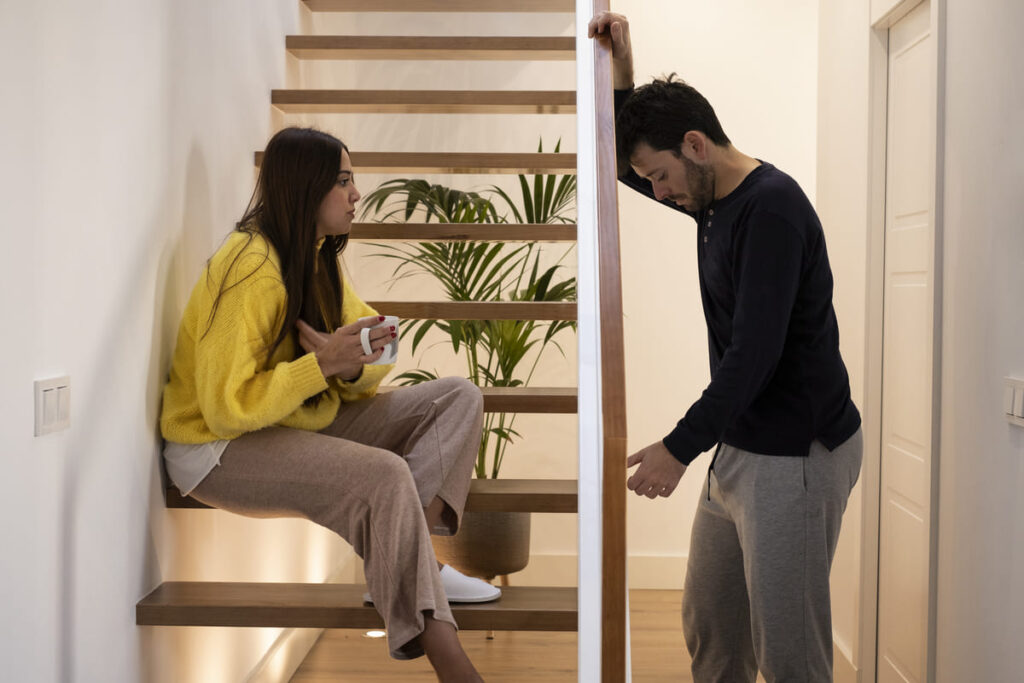10 Habits That Make You Seem Rude Without You Knowing It and How to Fix Them Easily
Everyday habits can sometimes send the wrong message to those around you. Small actions, though unintentional, may affect how others see you in social or work situations.
Interrupting others mid-sentence

Interrupting someone while they’re speaking can seem dismissive or impatient. Even if you don’t mean to, it often feels like you’re not valuing their thoughts.
Try to wait until the other person finishes before sharing your ideas. If you accidentally interrupt, a quick apology can help smooth things over.
Not making eye contact

Avoiding eye contact might make people think you’re uninterested or distracted. It can seem rude even if you’re just shy or deep in thought.
Try to maintain natural eye contact during conversations. It doesn’t have to be constant, just enough to show you’re engaged.
Constantly checking your phone

Glancing at your phone during conversations can make it seem like you’re not fully present. Even quick checks break the flow of interaction.
Try to put your phone away or on silent when talking with others. This helps show respect and keeps your focus on the people around you.
Ignoring greetings

Not responding to a simple “hello” or “good morning” can seem rude. Even a small nod or smile shows you acknowledge the other person.
Try to make it a habit to greet people back, even briefly. This helps build positive connections and shows respect.
Speaking in a monotone

Speaking in a monotone makes your voice lack variation in pitch and emotion. Others might feel like you’re uninterested or bored.
Try adding small changes in your voice pitch. Expressing some emotion helps others see you’re involved in the discussion.
Using a harsh tone unintentionally

You might not notice how your tone sounds to others. What feels like straightforward speech can come across as sharp or unfriendly.
Pause and soften your voice, especially in sensitive conversations. Practicing a calm and kind tone makes a big difference in how you’re perceived.
Not saying please or thank you

Skipping “please” can make your requests feel demanding rather than polite. Forgetting to say “thank you” may come across as unappreciative.
Using these phrases is an easy habit to adopt. They show respect and kindness without extra effort.
Invading personal space

Standing too close can make others uncomfortable. Personal space is important, and everyone has their own comfort bubble.
Keep a respectful distance, especially with people you don’t know well. Pay attention to body language—if someone steps back, it’s a sign you’re too close.
Yawning without covering your mouth

Yawning without covering your mouth can seem careless or disrespectful. People might think you’re bored or uninterested.
Covering your mouth shows good manners and respect for those around you. If you feel a yawn coming, try to quickly cover your mouth with your hand or elbow.
Cutting off conversations abruptly

Ending a conversation without warning can make the other person feel unappreciated. It might seem dismissive, especially if you’re in a hurry.
Offering a brief explanation before you leave helps maintain respect. Saying, “I need to go now, but let’s catch up later,” can make a positive difference.
Listening and responding before you exit shows you value the interaction. This approach helps avoid misunderstandings.







